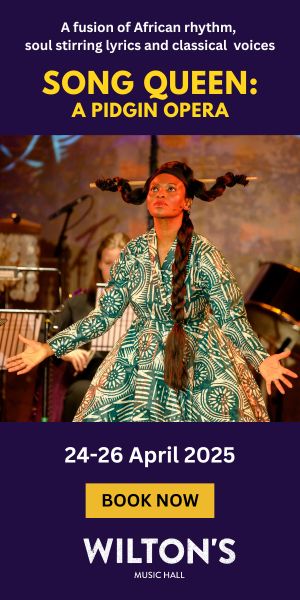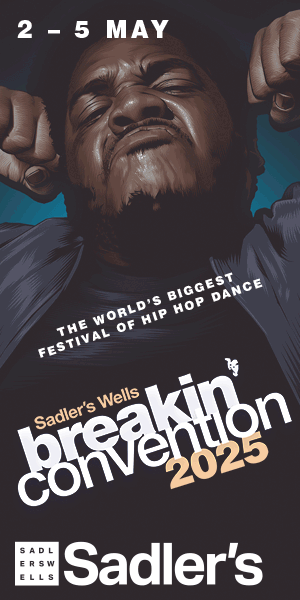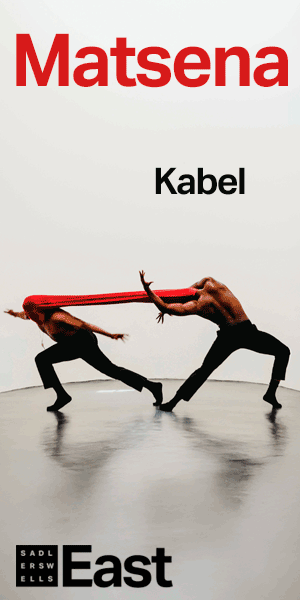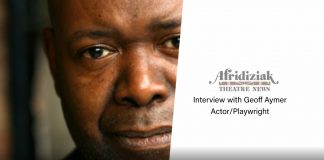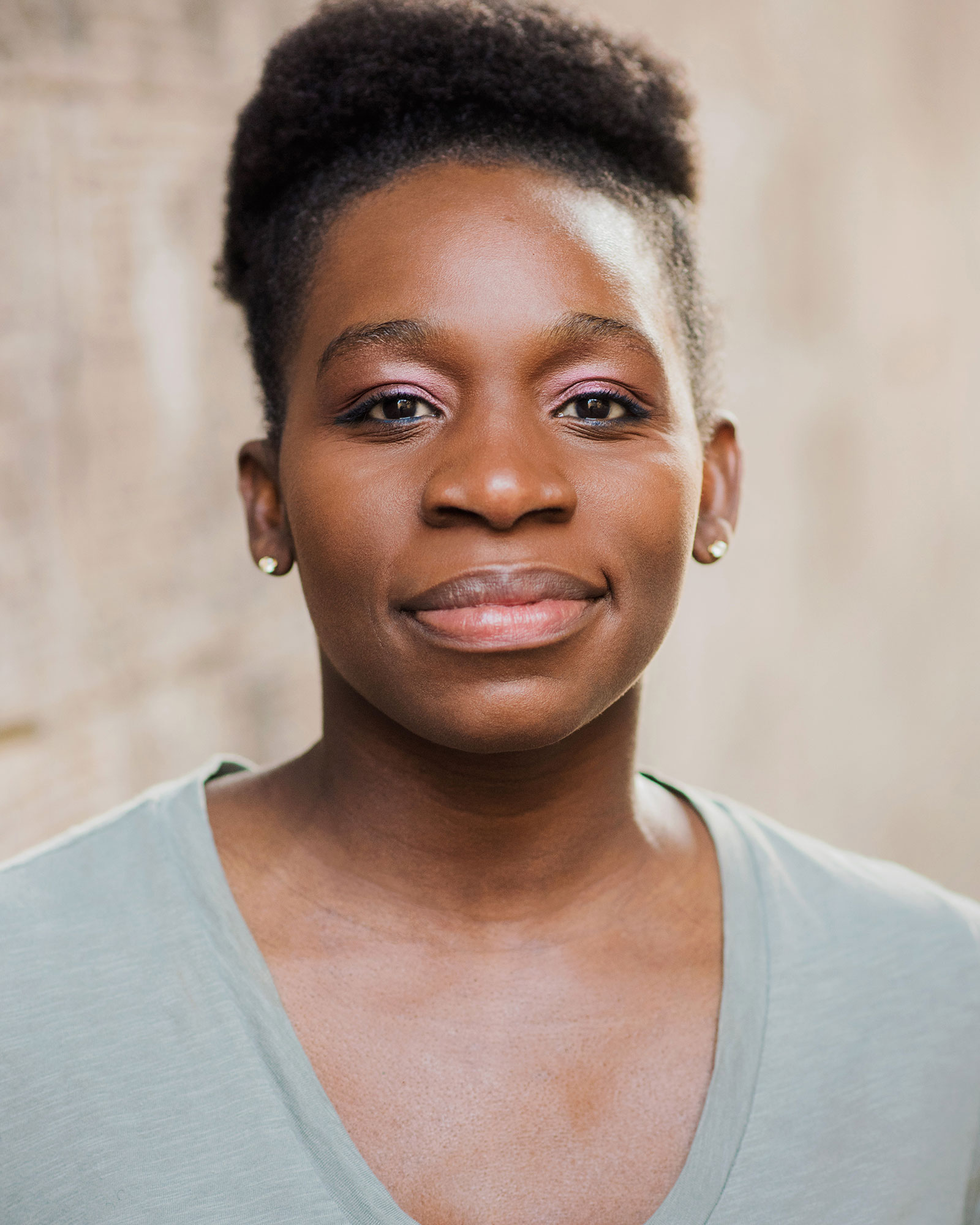
Why did you decide to tell the story of Nina Simone?
I fell in love with Nina Simone when I was at college. For our senior project in university, we all had to write a one-person show. A friend of mine said, “You should do Nina Simone”, and I said, “Who’s Nina Simone?” After that, I started listening to some of her music and I fell in love with her sound and I wanted to understand where all of that feeling and that pain came from in her voice so I just started searching out more about her life. I saw that a lot came up about her mental health, and I wanted people to understand the woman behind the music and the woman who was able to convey all of those emotions that you felt in that music, and where that came from.
How much research went into Nina Simone’s life? Was it important to be historically accurate?
The character in the show is Mena Bordeaux. I took this name because I wanted to be able to use my own voice when I was singing but also to have a little bit of freedom in the writing. While all the facts in the story are historically accurate, there are things that I took my own liberties in terms of interpretation and trying to understand the mindset of Nina Simone in that time, in that situation. So in terms of the beats of her life, those things are historically accurate. How she responded in those situations and what she thought in those situations, those things are my interpretation of her.
You first toured the play 10 years ago. Why do you think it is still relevant today?
I first wrote the show back in 2013 so it’s been 11 years now, and I think people still connect with the story. Nina Simone is still such a relevant woman and her music still connects to people even today. I also think there are various parts of the story that audiences can connect to, whether it’s the relationship with her father, or whether it’s dealing with committing to something that doesn’t always give back to you what you’re putting into it, or whether it’s a relationship with a lost love… There are so many things in the show that are human and people connect with – thankfully – and I think that’s why it’s still relevant and still really important. Especially in thinking about the civil rights and various movements that are happening today, it’s always important to harken back to the past to see how they dealt with it, and hopefully that inspires our present-day thoughts and our present-day movements.
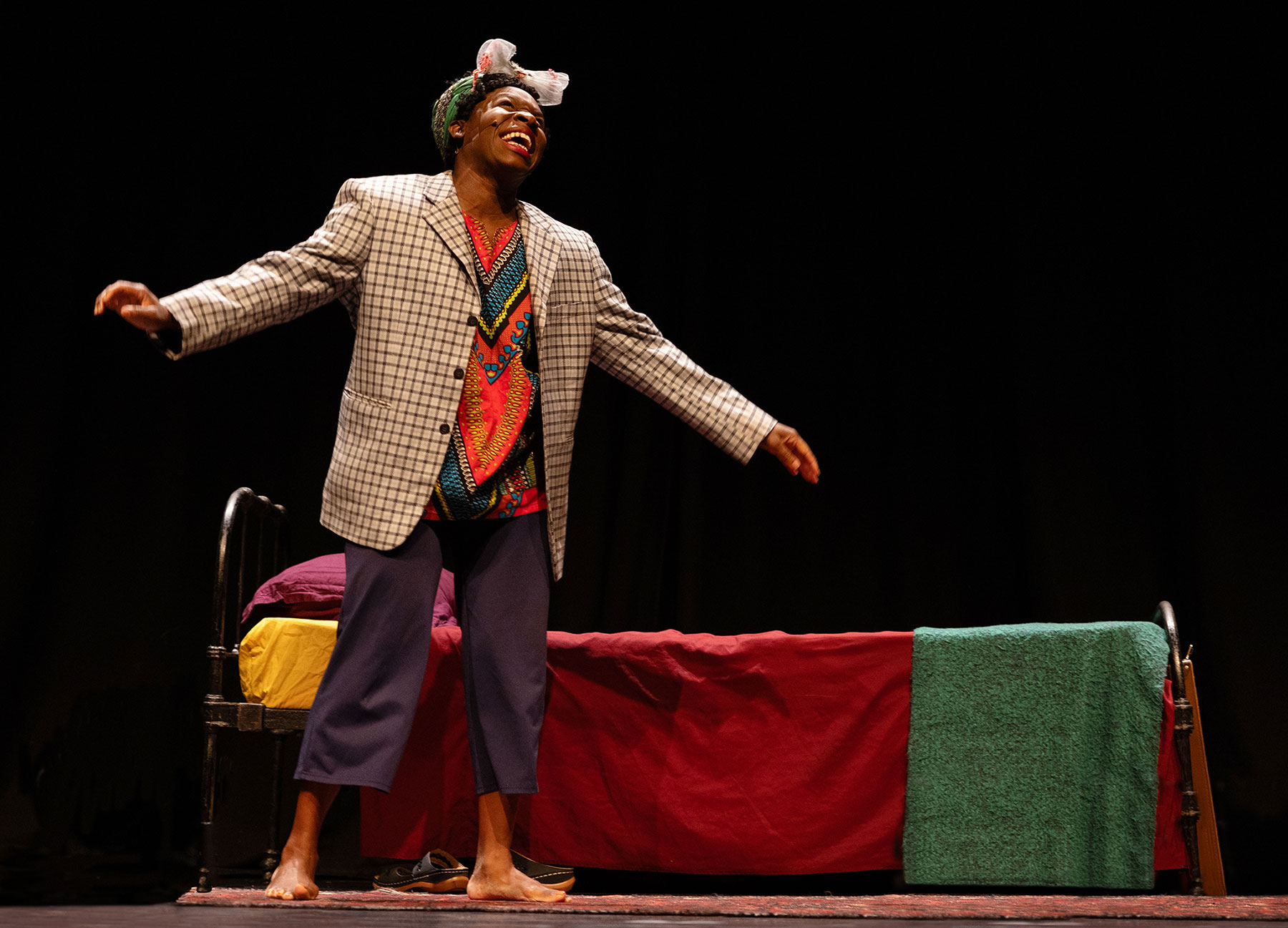
Theatre Royal Stratford East
What is your favourite Nina Simone song and why?
That’s a really challenging one! It depends on my mood. The song that I always go back to, because for me it’s quite a visual song, is Sinnerman. It takes you on a journey. I love listening to that song because it really puts me in a mood if I’m doing something like cleaning or warming up for the show. That repetition of the piano really puts me in a mood to get things done or hypes me up. When I’m feeling quite reflective or want to chill a little bit, the song I always go back to is Plain Gold Ring. I love the breath and space in that song with the piano and how each instrument slowly comes in. I find it really beautiful.
How are audiences responding to Black Is The Color Of My Voice? What do you want them to take away from this production?
Audiences have been wonderful. I don’t know what I want people to take away from it but I hope people come and they feel moved and they feel reflective of their own lives. I guess I hope they just enjoy themselves. The audiences over the years have been wonderful and very appreciative at the end. I’m working hard up there on that stage and it’s really challenging for me to do, so I’m always really grateful when audiences stand and want to show me their appreciation.

























